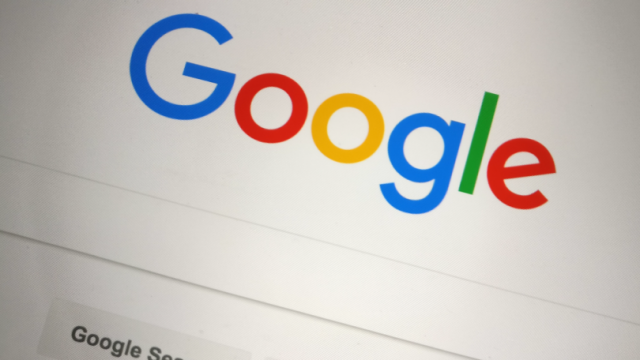[ad_1]

If you want to find something online, you’re probably going to search Google. The search giant’s search architecture gets frequent updates in an effort to return more accurate and relevant results, but sometimes Google takes aim at a specific issue. In the next big search algorithm update, which will roll out in the coming days, Google says it’s targeting clickbait.
Although Google doesn’t use the term “clickbait,” that’s what it’s going after. Google calls this the “helpful content update,” and it will prioritize pages that produce original, high-quality content. Meanwhile, pages that are built simply to rank highly with so-called search engine optimization (SEO) will be demoted.
You’ve probably seen plenty of heavily SEO’d content appear at the top of search results — that’s what it’s designed to do, after all. It might match your search query, but the page is unhelpful, consisting of aggregated information from other sites with no original analysis or reporting. Google uses an example of what happens when you search for a recently released movie. Instead of an original review or analysis of the themes, you might get results for a site that just republishes snippets of other reviews and gears its SEO to rank highly for the movie’s name. The algorithm update aims to fix that and direct you to useful content.
Google is also telling creators the effects of this update could extend beyond the SEO spam pages. Sites that lean on this method of attracting clicks may also find their other content losing steam. On the flip side, removing unhelpful SEO content can uplift the rest of a website in search. Google also plans yet another update to improve the visibility of high-quality product review content, continuing an effort it began earlier this year.

Google algorithm updates are a big deal in web content, and this one is going to sting some websites that live on SEO. Google likes to say that competition is just a click away, but it’s still the primary way most people find things online. Today, it handles over 90 percent of all web searches, which is why so many sites have adapted to create content tuned to Google’s algorithms with no regard for quality or helpfulness.
Critics of Google cite its control over what kind of content is successful and accessible as a major problem for the internet, and they’re not necessarily wrong. But there’s a dearth of competition. Is it just that Google’s technology is that much better than upstart competitors, or is it using its size to stifle competition? There are several regulatory actions and antitrust lawsuits against Google claiming the latter. It may take years and the benefit of hindsight to know which one it is. Regardless, reducing the amount of clickbait that appears in Google’s search results is a noble effort.
Now read:
[ad_2]
Source link
